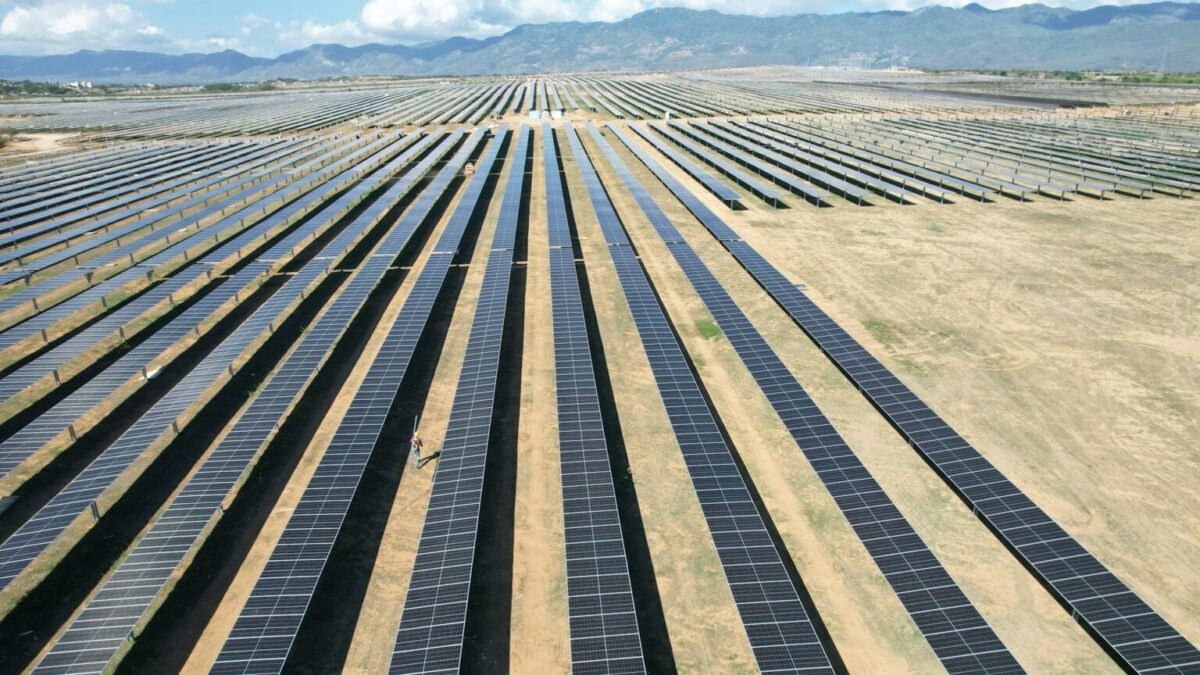
Algeria is setting its sights on becoming Africa’s undisputed leader in solar energy, unveiling an ambitious national strategy to generate 15,000 megawatts of photovoltaic power over the next decade.
Speaking at an African energy summit last week in South Africa, Noureddine Yassa, Algeria’s commissioner for renewable energy, laid out the country’s roadmap to transition from fossil fuels to clean energy.
With the continent basking in abundant year-round sunlight, Yassa framed solar power as “an invaluable natural asset” that Algeria is determined to harness at scale.
“Our strategy is not only about energy,” he explained.
“It’s about economic transformation, technological independence, and preparing for the post-oil era.”
The country’s new plan is structured around building an integrated solar value chain — from manufacturing panels and components to installing and maintaining solar farms.
Algeria’s goal is to create a self-sufficient ecosystem that involves local companies, attracts international partners, and supports long-term energy autonomy.
In an interview with a Washington-based energy outlet, Yassa noted that the country has already developed a clear legal framework to streamline investments and manage solar development.
These regulations are intended to reassure foreign investors and facilitate capital flows into Algeria’s growing green energy sector.
But the vision stretches beyond national borders.
Algeria intends to become a regional solar powerhouse, using its vast desert landscapes, ideal climatic conditions, and political commitment to not only supply its own grid, but eventually export clean electricity and technological know-how to neighbouring countries.
This pivot comes at a time when many African nations are rethinking their energy models to tackle chronic power shortages, rural energy exclusion, and vulnerability to global oil price shocks.
For Algeria, solar is more than a solution to an energy problem — it is a foundation for future economic resilience.
“If we succeed,” Yassa concluded, “we will not only light up our country but lead Africa’s energy transition.”



